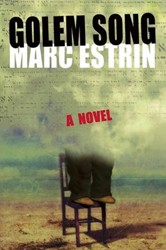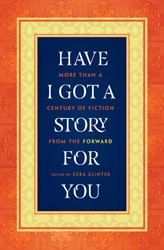It’s October, 1929 in Berlin. It’s a time of both economic recovery and political unrest. Berliners become increasingly uneasy as people start dying from eating tainted sausages, someone is murdering homeless boys and creating sculpture with their bones, and the stock market crashes in New York City, sending shockwaves through Europe.
Detective Willi Kraus is an oddity, one of the few Jewish police officers in the city. He is the target of anti-Semitic jokes and currently without a partner as most of the junior officers are unwilling to work with a Jew. Instead of being assigned to the serial murder case, he is shunted off to sausage duty, making the rounds of factories and stockyards, while becoming increasingly obsessed with the case he lost.
As more bags of bones appear and little progress is made locating the killer, Willi is finally given the case and provided with an assistant. He sets off on a winding, complicated path full of bizarre characters and eerie locations. Willi eventually triumphs and is rewarded by being promoted from Sergeant to Full Inspector, but his joy is short lived as the economy crumbles, an election is held and the Nazi party increases its numbers in the legislature from twelve to one hundred and seven. This is a complex, multi-layered, and beautifully written novel that does an equally fine job of telling a tale and providing historical context.





